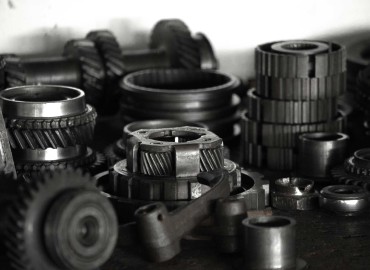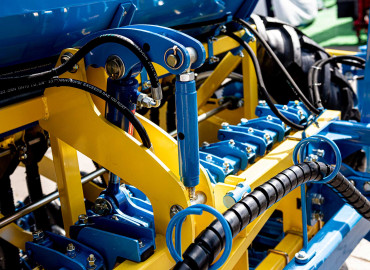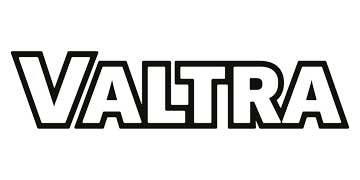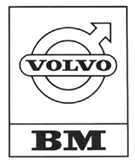Agriculture has been a source of livelihood for centuries and has evolved over generations. Consequently, tractors, which form the backbone of modern agriculture, have become indispensable for farmers. To ensure that tractors are used efficiently and have a long service life, regular maintenance is essential. Just like cars, tractors require regular upkeep. So, how do you prepare an effective periodic maintenance plan for your tractor?
Why Perform Periodic Maintenance?
Periodic maintenance is one of the most effective ways to preserve your tractor’s performance and extend its lifespan. Regular upkeep helps detect potential issues early, preventing major problems. It also improves your tractor’s fuel efficiency, helping you complete tasks more quickly and smoothly. So, what should you pay attention to when preparing a periodic maintenance plan?
Initial Steps
When preparing your periodic maintenance plan, the first step is to review your tractor’s user manual. Pay attention to the maintenance intervals and procedures recommended by the manufacturer. Maintenance intervals and recommended procedures can vary depending on the tractor’s make and model. Therefore, read the manual carefully to establish your starting point.
Daily Checks
Before and after each use, perform some basic checks on your tractor. These checks address critical elements that affect daily performance.
- Oil Level: Check the engine oil level and add oil if necessary. Low oil levels can jeopardize proper engine operation.
- Coolant: Check the water level in the radiator. Insufficient coolant can lead to engine overheating and serious damage.
- Tire Pressure: Check the tire pressure. Low tire pressure can increase fuel consumption and shorten tire lifespan.
- Hydraulic Oil Level: Check the hydraulic oil level to ensure the hydraulic system operates correctly and top it up if needed.
Weekly Maintenance
In addition to daily checks, perform some periodic maintenance tasks weekly. These tasks provide more detailed insights into your tractor’s overall condition and help detect potential issues early.
- Filter Checks: Inspect air, fuel, and oil filters. Dirty or clogged filters can reduce engine performance and increase fuel consumption.
- Battery Check: Examine battery terminals and connections. Oxidation or loose connections can cause electrical system problems.
- Belts and Hoses: Check the condition of belts and hoses. Worn or cracked belts and hoses can hinder the tractor’s proper functioning.
Monthly Maintenance
Monthly periodic maintenance involves more detailed inspections and addresses components that require longer-term and complex upkeep.
- Oil and Oil Filter Replacement: Change the engine oil and oil filter. Clean oil and filters ensure smooth engine operation.
- Cooling System: Inspect the radiator and cooling system. Check for any leaks or blockages in the radiator.
- Hydraulic System: Check all connections and hoses in the hydraulic system. Ensure the hydraulic oil is clean and at the correct level.
- Brake System: Inspect the brake system. Check if brake pads and discs are worn and replace them if necessary.
Seasonal Maintenance
Seasonal transitions require specific maintenance tasks to prepare your tractor for the new season. These tasks ensure efficient operation in all weather conditions.
- Winter Preparations: Before winter, add antifreeze to the cooling system. Also, check if the tires are suitable for winter conditions.
- Summer Preparations: Before summer, ensure the radiator is clean and has sufficient coolant. Additionally, check if the tires are suitable for summer conditions.
Comprehensive Annual Maintenance
Annual maintenance includes the most comprehensive checks to evaluate your tractor’s overall condition. This maintenance ensures longevity and high performance.
- General Inspection: Thoroughly inspect all parts of the tractor. Check for any wear, leaks, or damage.
- Engine Maintenance: Check all engine parts and make necessary adjustments. This process ensures the engine’s longevity.
- Electrical System: Inspect all connections and wires in the electrical system. Check for any loose connections or damage.
- Body and Paint: Inspect the tractor’s body and paint. Check for any rust or damage and make necessary repairs.
Follow these steps to prepare a tractor periodic maintenance plan and achieve uninterrupted efficiency in your agricultural operations!
 en
en  tr
tr 






























